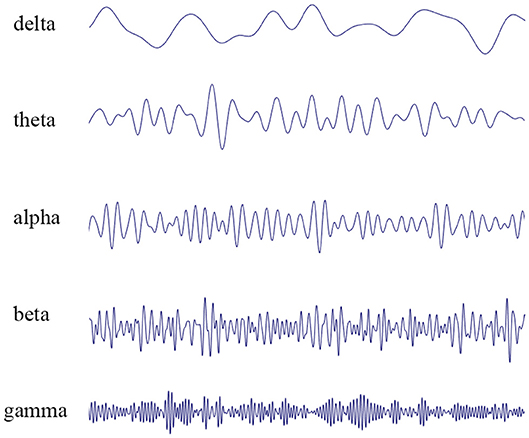Case studies on anoxic brain damage and stroke damage, and traumatic brain injuries, filtered for patients on whom they have at least three months of followup! This includes a small number of patients who were initially diagnosed as likely having moderate damage, but were parents of young children, and tried a few months of therapy in hopes that the most disabling of their symptoms would resolve. (This usually didn't happen, or at least not far enough, but a couple of patients did in fact recover enough – and were stubborn enough – to manage day to day life with the right accommodations but without ongoing help from a care aide, which in this schema means they would now be classified as only having "mild" permanent damage.)
They don't know for sure that Kalorm will have permanent effects at all. 1 in 3 odds he won't. But basically all the studied patients, even the ones who made complete recoveries to their baseline within six months, had temporary symptoms, often pretty disabling ones. (It's also worth noting that this is measured mainly in 'no subjectively obvious residual symptoms'; basically all of the patients did, in fact, test lower on thinkoomph than before the injury, even if they weren't notably functionally impaired and were able to return to work or studies.)
There will almost certainly be temporary effects of ongoing reperfusion-injury-related inflammation and the healing processes responding to it, which they have partially but not fully repressed. Kalorm is pretty likely to have a severe headache (80%), double vision, dizziness and vertigo (75%). He might have seizures: this is more common during the immediate recovery in patients who end up in the "moderate" damage category, but it's still maybe 30% likely in Kalorm's case during the immediate aftermath.
He's pretty likely to struggle with general sensory processing, especially visual and auditory, to be easily overwhelmed and need more time and less distraction to parse complex input (70%). He may additionally have sensory sensitivities and be very bothered by bright lights or loud noises (50%). He might have actual partial vision loss (10%), or weird agnosias where he can't recognize people or objects or some other really specific category (15%, this is more common with strokes in the relevant area of the brain). In addition to the general processing difficulty, he may (40% odds) have language processing deficits, either receptive or expressive – not full aphasia, and this probably will get better in days rather than weeks, but.
He might have some degree of muscle spasticity and overactive reflexes, though for mild damage this is less likely (20%), and likely to resolve fully with therapy. He's likely to have trouble with coordination and/or fine motor function (60%), and might have neurologically-caused muscle weakness (20%, that's more common with strokes), or trouble executing on complex motor movements separate from the executive function impairment (which is itself almost certain at 90%, though it varies in severity and it's hard to know how much to attribute it to the lingering effects of sedation or the fact that being in a hospital with tubes in you is distracting). He'll more likely than not have impaired impulse control and difficulty regulating emotions (60%).
He will very likely have total amnesia for the accident itself (90%) and may have random other patches of amnesia (30%). He will probably seem forgetful due to inattentiveness (80%) and may also unreliably consolidate short-term to long-term memory (50%). He will probably be disoriented to time and place – well, almost certainly he will when he first wakes up, since Default Hospital is definitely not the last place he remembers being, but it's also pretty likely that he will have trouble remembering this and need frequent re-orienting (60%).
He's going to be really tired. This is kind of guaranteed just physically speaking, but everything is going to be much harder for him, mentally as well as physically, probably for weeks. Even if he gets incredibly lucky, he's going to be brainfoggy and out of it and will probably find any kind of cognitive effort aversive. This may actually be adaptive, the same way that preferring not to stand up when one has the flu is adaptive.
The presence of a symptom initially, and even its initial severity, are less predictive than one might expect on whether a patient who decides to wait around in hopes of a better recovery will still have that specific symptom in six months. Usually, like, half of the things resolve and a lot of them become less disabling. But having more, and more severe, initial symptoms is overall predictive that not all of them will fully resolve even given time.
The one almost-universal complaint of patients with residual deficits – and the top reason they report for choosing to go into early cryo, sometimes years later – is fatigue. Day to day life is just harder, and they have less to work with, and even when they're able to return to work, it's usually with less stamina, shorter shifts, and generally more constant uphill struggle. Even leisure activities can be exhausting, if they're cognition-heavy, which is, you know, a pretty common preference to have about one's entertainment.
Dath ilanis are already not starting out from a great baseline on this.


